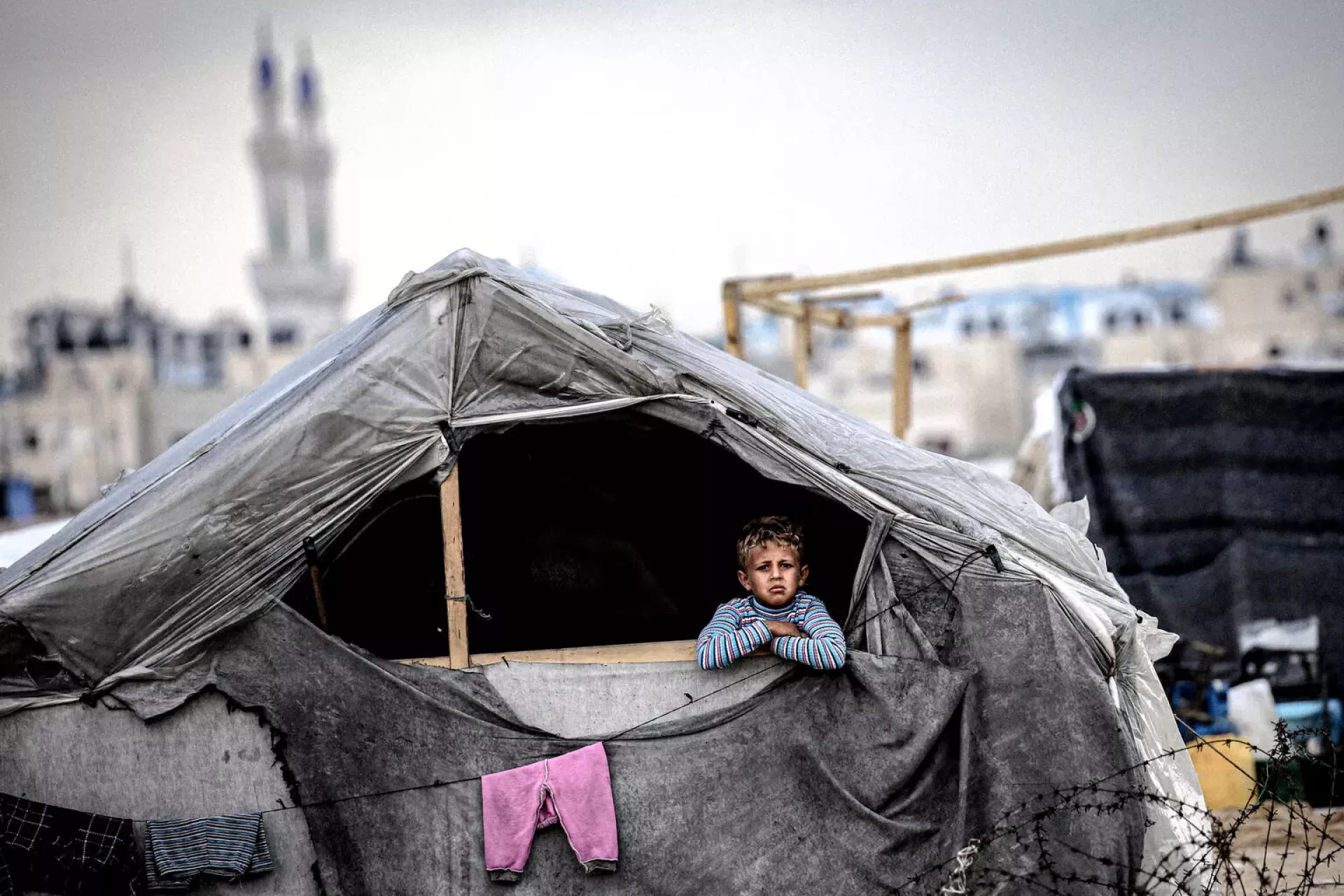PNGO confirms that despite the ceasefire in Gaza, which was welcomed by all parties, the Israeli occupation and the colonizing settlers are escalating their grave violations against Palestinians in the West Bank and Gaza Strip, where 88 Palestinians have been killed since the beginning of the ceasefire, and still the aid entering the Gaza Strip has not risen to the level to address the repercussions of the humanitarian catastrophe in quantity and quality, in addition these systematic attacks by the Israeli occupation forces and its colonizing settlers against the Palestinians in the West Bank are resulting in the denial of Palestinian farmers to harvest their olives, which constitutes a continuation of genocide and ethnic cleansing.
PNGO affirms its firm position on the crime of genocide in the occupied Palestinian territory, and the firm belief that the rights of the Palestinian people are inalienable, fixed and stable rights in international law and international legitimacy, and they are integral rights that are indivisible and none of them are subject to statute of limitations.
In light of the occupation's intransigence and in light of the talk of a plan to stabilize the situation, PNGO emphasizes the following:
First: the urgent need to provide immediate international protection to the Palestinian people. Calling on the member states of the United Nations to approve the deployment of international protection force in accordance with the United for Peace mechanism in the General Assembly with a clear mandate to protect Palestinians in the West Bank and Gaza Strip, to ensure the safe passage of goods, aid and personnel, and to implement all United Nations resolutions related to Palestine, and that these forces should be composed of countries that are not complicit with the Israeli occupation in genocide or enabling the Israeli occupation. We call on all States to reject any mechanism that does not incorporate the aforementioned principles.
Second: The right of the Palestinian people to self-determination: It is an inalienable right of all peoples, which requires an end to the Israeli occupation of the Palestinian territories occupied since 1967, including Jerusalem, and the establishment of a fully sovereign Palestinian state thereon. It is also important to stress that no stipulations should be imposed on Palestinian political and democratic participation that would infringe on the obligations of the state of Palestine according to the International Covenants of Political and Civic rights and/or the Economic, Social and Cultural Rights.
Third: The right of Palestinian refugees to return and compensation to their years of suffering, which is an individual and collective right that cannot be negated. Until this right is realized, UNRWA remains important to take care of the daily issues of refugees, such as health, education, employment, and more.
Fourth: The right to permanent sovereignty over natural resources, which requires the lifting of the blockade and the opening of all crossings for the movement of goods and people. Protecting natural resources, such as gas fields in front of Gaza, water and oil in the West Bank and other sources plundered by the Israeli occupation, and the right to compensation for these plundering policies.
Fifth: activate international accountability mechanisms by advancing investigations at the International Criminal Court to prosecute the occupation leaders for war crimes and crimes against humanity, and supporting the work of an independent international commission of inquiry to investigate the crimes of the Israeli occupation.
Sixth: the reconstituting of the United Nations Committee against Apartheid.
Seventh: pressure the Israeli government, as an occupying power, to fulfill its obligations under international law and to end all its illegal measures through boycott, divestment and sanctions.
We at the Palestinian NGO Network affirm that Palestinian rights are not a subject of compromise, and that international protection of Palestinians is not a favor from anyone, but rather an obligation of the international community towards a people under a long-term illegal occupation.



